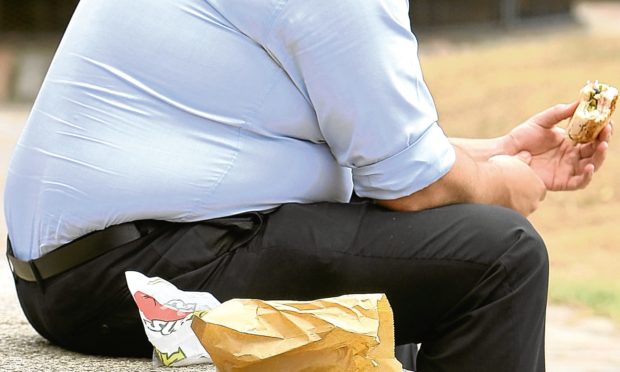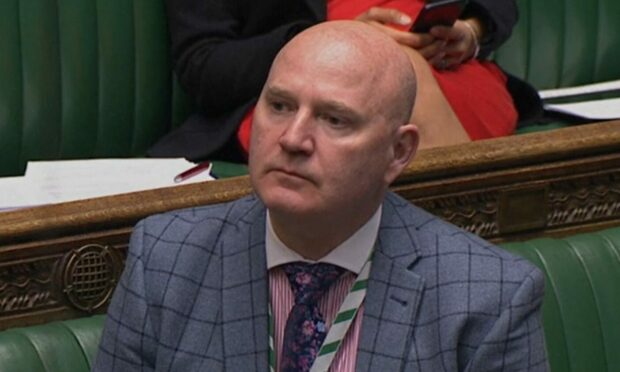Almost 120,000 tonnes of biscuits and sweets were sold in Scotland last year as statistics show more than 65% of adults in the country are overweight.
Sales of sugary snacks and confectionery have increased every year since 2014, with the latest figures showing a 5% increase in consumption in five years.
In 2018, over 1.14 billion servings of cakes and pastries were purchased by Scottish households, an increase of 10% since 2014.
More than 28% of adults were recorded as obese by Scotland’s chief statistician. Obesity can have an adverse affect on a persons health, including increasing the risk of cancer, heart disease and diabetes type 2.
At the end of 2018, 304,375 people were diagnosed with diabetes in Scotland – 5.6% of the population of all ages. Of all cases, 87.9% (267,615) were type 2 diabetes.
Type 2 diabetes lowers life expectancy across all social levels, the Scottish Government has warned.
For the first time regular fizzy drinks sales were less than those of a “diet” variety.
The UK Government’s sugary drink tax came into force in April last year.
Some manufacturers, including Glasgow-based AG Barr, makers of Irn Bru, changed the recipes of their drinks to accommodate the tax.
Regular Irn Bru now has less than 5g of sugar per 100ml. Previous recipes had as much as 32 grams per 100ml of drink.
Public Health Minister Joe FitzPatrick said: “As these figures show, far too many people in Scotland face serious risks to their health linked to poor diet and unhealthy weight.
“It is promising however, that for the first time the sales of diet drinks have overtaken sales of regular soft drink sales. This supports the view that reformulation can lead to significant reductions in sugary soft drink sales, especially for young people.
“When it comes to overweight and obesity it is not acceptable that significant inequalities exist between our most and least deprived communities.
“That is why we are taking action to halve child obesity in Scotland by 2030 and significantly reduce diet-related inequalities.
“We are also introducing a Bill to regulate the marketing and promotion of junk food as well as increasing funding to our Fair Food Fund that supports dignified responses to food insecurity.”
A Scottish Government spokesperson said: “The Scottish Diabetes Survey shows incidence of type 2 diabetes has stabilised in recent years and evidence suggests increasing prevalence is largely a result of people with type 2 diabetes living longer, healthier lives as a result of improvements to care.
“However, new research has shown type 2 diabetes lowers life expectancy across all social levels.
“Our Diabetes Improvement Plan includes prevention as one of eight priorities to improve the experience for patients living with diabetes across Scotland.
“Building on this, the Scottish Framework for the Prevention, Early detection and Early intervention of type 2 diabetes, supported by £42 million over five years, offers guidance on weight management techniques for those identified as ‘at risk’ as well as the recently diagnosed.”










